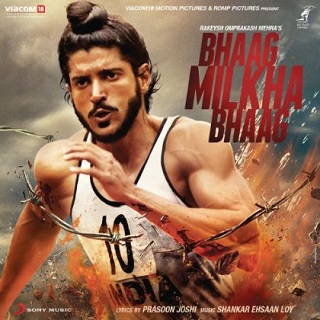Last Updated on December 3, 2016 1:43 am by INDIAN AWAAZ
Utpal Borpujari in Panaji
The 47th International Film Festival of India (IFFI) brought about a unique endeavour to differently-abled filmgoers – it screened three popular films, “ Gandhi”, “Bhaag Milkha Bhaag” and “Dhanak” for children with disabilities through audio-description under the Accessible India Campaign (Sugayama Bharat Abhiyan).
The initiative was made possible through a collaboration IFFI had with UNESCO and Saksham, a Delhi-based NGO.
 Rummy Seth of Saksham, who audio described the accessible films, said that the audio description gave a visually-impaired person a true sense of what was happening on the screen.
Rummy Seth of Saksham, who audio described the accessible films, said that the audio description gave a visually-impaired person a true sense of what was happening on the screen.
“The journey towards inclusiveness of the visually impaired to cultural experiences has been given a big boost by this film festival,” Seth says.
Saksham has already audio-described over 22 films, documentaries and children’s content in their cache and are trying to rope in other big banners to make entertainment completely inclusive. “We are also trying to have inbuilt audio-description tracks for films’ theatre release unlike a DVD release months after the film is out,” she says.
Saksham’s founder Dipendra Manocha says that the concept of audio-described content has been well established internationally. “Now we want to bring the change and scale up the effort in India. However, there is a long way to go as we want every movie in every theatre to become ‘Accessible’,” he says.
According to Vijay Raghavan, programme head of culture, UNESCO, says that UNESCO has the mandate to ensure cultural diversity through accessibility to a cultural life. “The idea is to promote the acceptability of accessibility. UNESCO Delhi has also been working to improve access to culture for persons with disabilities through its initiatives like accessible museums and heritage sites, accessible content, art education, as well as a dance curriculum for the visually impaired,” he says.
